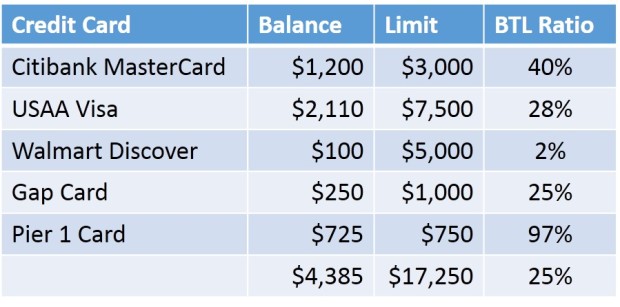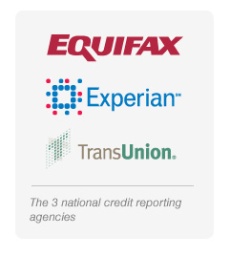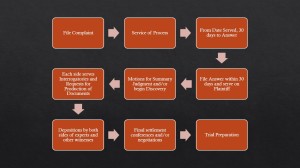In December, 2013, I began working on a credit file I had neglected for the two years prior. At the end of 2012, my life spiraled out of control and to sum it up without further ado, much was lost. That summer, I decided enough was enough, and I moved in with a family member, find a new job, and get myself back on track. Summer ended, and with the beginning of fall came a job opportunity I had been praying for. My income restored, I found myself easily getting by financially—and whilst in Mississippi for the Thanksgiving holiday, I decided it was time to get my credit back in line.
My credit reports were pages of negative accounts and collections, bad debts and delinquencies. I had my work cut out for me. On TransUnion alone, I had 9 collection accounts (Experian showed 7, Equifax, 3). I will go into more detail on the types of accounts another time. There was one account (one debt collector) who appeared on all three credit reports not once, but twice. Two separate debts, six separate entries altogether—updating monthly. I submitted disputes for all the collection agencies. The ones that were valid debts I offered to pay in return for deletion of the collection account. I got no response from any of these. The others I sent the usual letters requesting debt validation—no response from these either. But gradually, one by one, they began to be deleted. One of them I paid, though only because I tricked the original creditor into taking my money. Within two months, they were all gone—except one—the one that was reporting the six accounts.
National Credit Systems, based in Atlanta, Georgia, is a collection agency “operated for the purpose of helping apartment communities recover lost money from former residents”. On their website, they equate their name with “More Money, Better Service”. Founded by Joel Lackey in 1991, NCS has grown to become one of the largest collection agencies for apartment complexes in the United States. And in 2012, my former apartment complex in North Carolina sent my file to them for collection.
Here is where things go bad. Without writing volumes on my move out, it was not a good one. I had lived in that apartment for nearly two years; when they were bought by a larger apartment group, things went steadily downhill. Still, I moved out and never heard from them again. A year later, when I was pulling my credit, I discovered they had turned me over to collections in November, 2012 – a month after I moved out. A second account they reported was dated January, 2013; I was confused how I would have incurred a bill from them three months after I moved out.
I disputed the debt with the credit reporting agencies and sent a letter to National Credit Systems demanding validation. I received no response. They did, however, verify the account with the credit reporting agencies. I sent a second letter. A couple weeks later, I received a letter from them with some documents attached. One was the invoice the apartment complex reportedly sent me after I had moved out. Interestingly enough, they mailed it to me at their own address—clearly I never received it. The next documents was a move-out inspection signed by the manager. It was, however, done without me present and a week after I moved out. Finally, the last document was the best yet. It was a copy of my “lease” – but only a renewal lease and one i had never seen before. The signature on it was forged—and I would have gladly paid a handwriting examiner to establish that.
I wrote NCS a third time, essentially thanking them for sending me three documents that benefit me. And I warned them if they did not remove the accounts completely and cease collection activity, they would be sued. I even sent them a draft copy of a Complaint to be filed with the Court. They ignored me of course, so I filed the lawsuit in mid-January of this year.
The debts they were trying to collect totaled about $1,350. It would cost them three times that just to hire an attorney to have it removed to federal court, plus a $400 filing fee. I was counting on them seeing the cost of fighting me outweighed settlement. They offered settlement but dragged their feet. More than anything I just wanted the collection accounts off my credit reports.
How I got them to settle…




